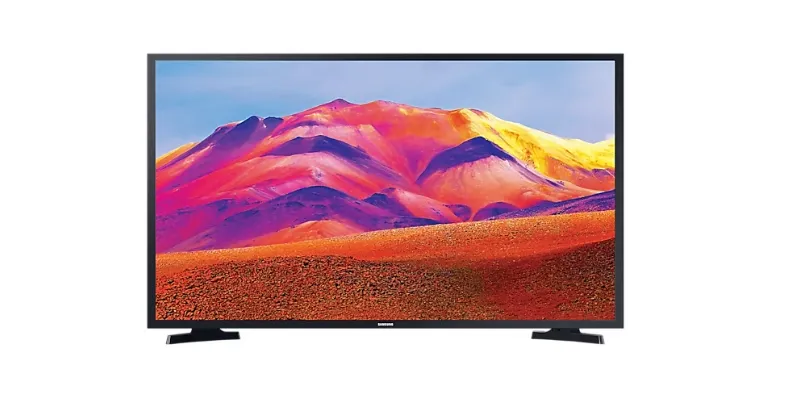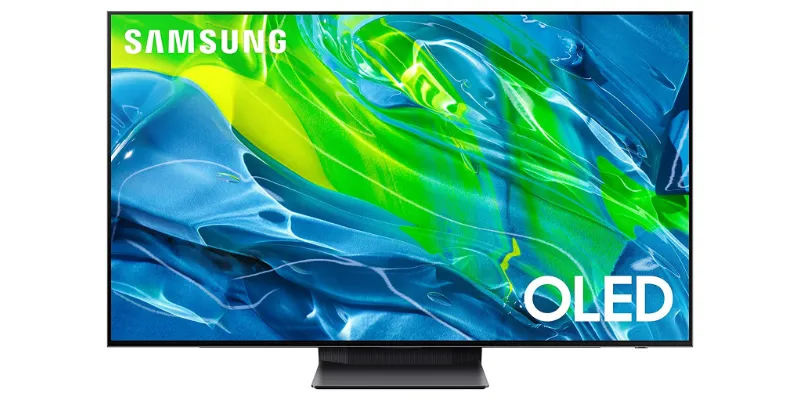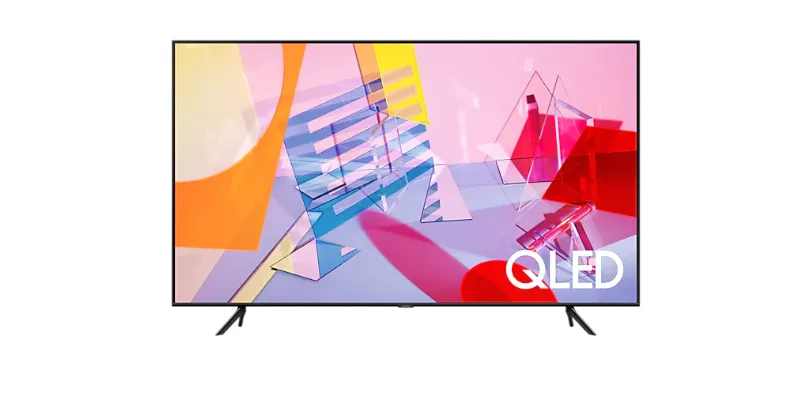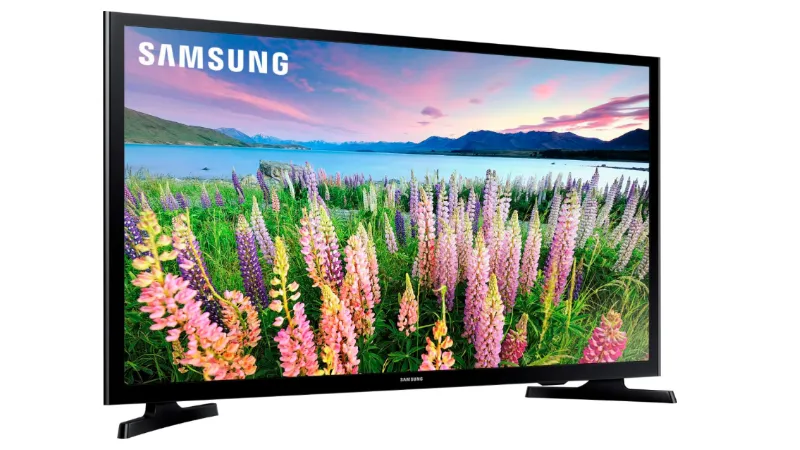Samsung is a very well-liked brand of television. It’s not shocking that consumers still have faith in the brand given its long history in the market.
Samsung is renowned for producing high-quality TVs that, when used for up to 8–10 hours per day, will last 6–9 years. When it is on for the majority of the day and night, you can anticipate losing two years from its lifespan. One of the most dependable manufacturers of smart TVs is Samsung.
Please read on for more detailed information.
Table of Contents
How Long Does a Samsung LED TV Last?

The LEDs themselves are the main issue with LED TVs. The LEDs that are used to backlight your TV’s screen have a limited lifespan compared to the other numerous parts that could malfunction. Samsung has years of experience, so their TVs will last longer than some other less well-known brands, but they won’t last forever. Of course, investing in quality is key in this situation.
LEDs have a lifespan of 40,000–60,000 hours at maximum brightness. That translates to roughly 4.5-6.5 years. Even though it might not seem like much, that is continuous 24-hour viewing at the brightest setting. Your Samsung TV won’t be left on for five years when you first bring it home.
If you use your TV in the evenings, don’t have it at maximum brightness, and the other components last, your LEDs can keep going for 10+ years.
Keeping up with updates is also advised because they can keep your TV compatible with the newest technology and increase its energy efficiency.
You can basically treat it the same way you would your car. It will last if you keep up with regular maintenance and use it as directed.
How Long Does a Samsung OLED TV Last?

OLED is an acronym for Organic Light Emitting Diode, in case you weren’t aware. Furthermore, despite the fact that you might believe that LED and OLED TVs operate somewhat similarly, they do not. When backlighting the screen on LED TVs, LEDs are used, and they degrade over time. OLED TVs produce images by using self-illuminating pixels within the display.
This not only translates to a sharper image and better contrast than an LED TV, but also to a TV that lasts longer. Prior to the picture quality degrading, OLED panels have a lifespan of more than 50 years.
Of course, just like LED TVs, it could be the other parts that fail first. Since the components will need to be repaired or replaced sooner rather than later, even though the OLED screen may last for up to fifty years.
How Long Does a Samsung QLED TV Last?

Samsung QLED TVs are expected to last between 70,000 and 100,000 hours with heavy use. Your TV should last even longer if you don’t use it nonstop. Most people will be able to get 10 years or more out of Samsung’s QLED TVs.
Like with LED and OLED TVs, other parts, such as capacitors or the motherboard, will wear out before the panels do.
Do Samsung TVs Last Longer Than Average TVs?
You can anticipate a longer lifespan from Samsung TVs than from TVs that are more reasonably priced because they use higher quality components.
However, that is only accurate if you take good care of the TV.
Even the most expensive TV won’t last as long as it could if it isn’t taken care of properly. In this article’s final question, we offer some advice on how to take good care of your pet.
How Long is the Warranty on Samsung TVs?
The warranty period for Samsung TVs is one year.
Depending on your location and the seller, the length of the warranty may occasionally vary.
Additionally, there are third-party services that provide extended warranties; these are worth looking into.
What Can I Do to Prolong the Lifespan?
The lifespan of your TV, whether it is a Samsung or another brand, can be significantly increased with proper TV care and maintenance. When cared for properly, even the cheapest TV can experience a longer lifespan and improved performance.
Here are some suggestions to stop your TV from degrading too soon.
Turn Off the TV When Not in Use
TV deterioration is slowed down by turning it off when not in use.
- The lifespan of the components is only shortened by leaving your TV on.
- You should take precautions to avoid damage by developing the habit of turning off the TV when not in use because TV backlights are the first to break from heat.
- You can make use of the built-in power timers found on many TVs.
- It can also be used to turn off automatically by being connected to your smart home system.
Provide Enough Space to Protect Your TV
Place your TV away from direct sunlight and from any potential moisture problems. That implies avoiding the window if at all possible.
- Be careful not to keep it close to any other heat-emitting appliances.
- For proper circulation, leave at least two inches between it and the wall behind it and four inches on all sides.
- If you decide to use a cabinet for it, make sure there is plenty of room for airflow. You could even use cooling fans for it.
- You can elevate your TV by using a wall mount, which lowers the likelihood that it will tip over and encourages airflow.
Clean the TV Regularly
Your TV needs to be cleaned frequently because dust can collect there and harm the screen or clog ventilation slots.
When cleaning the screen itself, particularly, use a microfiber cloth and be gentle. Useless cleaning agents can harm the TV, so avoid using them.
Set the Brightness to the Right Level
As was previously mentioned, increased brightness does not necessarily result in better image quality and can quickly wear out your backlights.
- To compensate for the brightness of the room, you should only set the brightness high enough to get a clear image.
- You don’t need a lot of brightness if the room is dark.
- Use the automatic brightness settings on your TV if they are there to get the settings just right.
Use An Automatic Voltage Regulator
Power surges could damage your TV with a single jolt at any time.
Power surges or power fluctuations may harm your TV, but having an automatic voltage regulator (AVR) or surge protector can help reduce the potential damage.
Conclusion
LED, OLED, and QLED TVs won’t last forever, but if you take care of them, they can last a very long time.
Your Samsung TV offers excellent picture quality, and with the way technology is developing, your next TV will likely cost you less money and have an even better picture.
But if you stick to the advice given above, you won’t need to worry about a new purchase for a while. Maintaining your TV is actually quite easy, and a lot of it just involves routine upkeep and keeping the TV clean.

